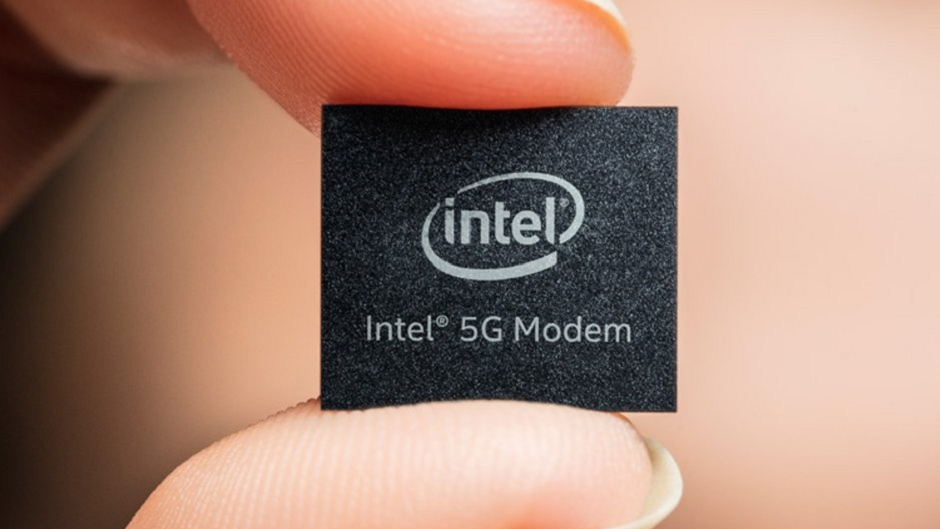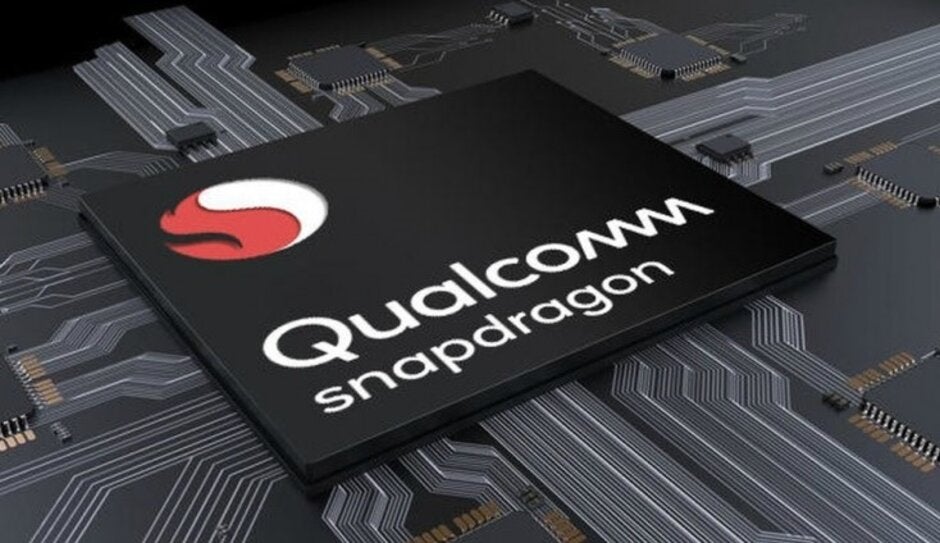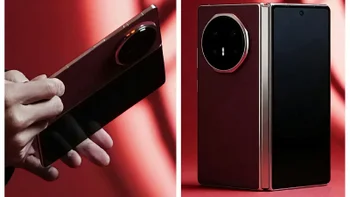Intel says Qualcomm's illegal licensing practices cost it billions

At the beginning of this year, it appeared as though Apple would be forced to use Intel's newly developed 5G modem chips on the first 5G iPhone models expected to be released next year. Apple preferred to use 5G modem chips from Qualcomm, but the two firms were on the outs; the only times the two companies spoke with each other was in court. Ironically, both were just entering the closing arguments stage of a trial with billions at stake when a settlement was announced. Apple paid the chipmaker an unknown sum later reported to be $4.5 billion and received a six-year license (remember Qualcomm's infamous ''no license, no chips" policy) and a multi-year agreement for chips.
But Apple felt desperate for much of the year and it certainly doesn't want to feel like that again. So the company plans on designing its own 5G modem chips, and to make that task a bit easier it spent $1 billion to buy Intel's smartphone modem chip business. Apple was said to have internally discussed having its first-generation 5G modem chip ready to be included inside a 2021 offering of the iPad Pro tablet. The next year, a second-gen 5G modem chip would be placed inside the 2022 iPhones (iPhone 14 and iPhone 14 Pro).
Intel says Qualcomm's illegal policies forced it to sell its smartphone modem chip business to Apple at a huge loss
According to Reuters, Intel claims that when it sold its smartphone modem chip business to Apple, it took a multi-billion loss on the transaction. Intel says that it was forced to exit the business because of what it described as Qualcomm's illegal licensing requirements. Earlier this year, the Federal Trade Commission (FTC) and Qualcomm met in court for a 10-day non-jury trial presided over by Judge Lucy Koh (yes, that's the same Judge Lucy Koh who was on the bench for the Apple v. Samsung patent suit). The FTC put on testimony that tried to show how Qualcomm's chip selling policies are anti-competitive. In addition, the FTC brought up the firm's practice of charging royalties based on the price of an entire phone instead of just the Qualcomm component, and Qualcomm's policy not to license its standards-essential patents (SEP). These are patents that rivals need to license to make sure that their products meet technical standards. As a result, they are licensed on a fair, reasonable and non-discriminatory (FRAND) basis.

If Qualcomm loses its appeal, it will have to change the way it sells chips to manufacturers
Judge Koh later in the year ruled in favor of the FTC; however, Qualcomm has received a stay from the ninth circuit court of appeals that will remain in place until the case reaches its final disposition. This makes sense since Koh's decision does force the chipmaker to renegotiate current contracts with phone manufacturers. That is a lot of work and if Qualcomm does triumph on appeal, it would then have to return the contracts to the pre-trial conditions. No, it probably is much better for everyone involved to wait for a final decision.
Meanwhile, trade groups that represent the U.S. units of several automobile makers and suppliers have filed documents against Qualcomm's licensing practices with the ninth circuit court of appeals located in San Francisco. German automobile brake manufacturer Continental AG told the appeals court that it had to give up working with Samsung and MediaTek because of Qualcomm's licensing practices. Continental claims that Qualcomm and other patent holders refused to license their technology to chipmakers and instead licensed their patents to carmakers who sell vehicles for tens of thousands of dollars (think bigger royalties) and are "less motivated to fight for every dollar."
The automobile suppliers say that consumers are the ones ultimately hurt by Qualcomm's licensing policies. "The resulting inefficiency is ultimately borne by consumers in the form of higher prices," the trade group wrote. The suppliers and other opponents of Qualcomm's licensing policies are requesting that the original decision by Judge Koh stand.
Follow us on Google News














Things that are NOT allowed:
To help keep our community safe and free from spam, we apply temporary limits to newly created accounts: